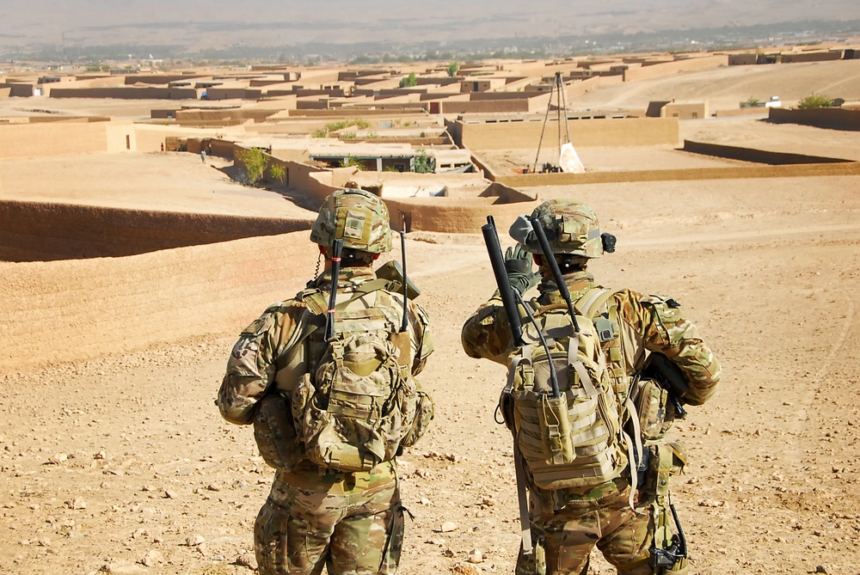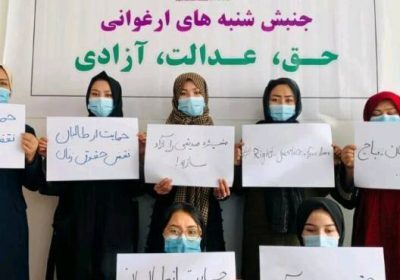RASC News Agency: In a landmark decision aimed at confronting past military misconduct, the Australian government has unveiled a comprehensive reparation initiative for victims of war crimes committed by its troops during the country’s military involvement in Afghanistan. The scheme, which follows the findings of the “Afghanistan Inquiry Report” led by the Inspector-General of the Australian Defence Force (IGADF), seeks to address the grave consequences of unlawful actions perpetrated by Australian personnel, particularly within special operations units. According to Australia’s Ministry of Defence, the new plan focuses on allegations that include extrajudicial killings, unlawful raids on civilians, and destruction of property. The proposed reparations may consist of monetary compensation, community-focused development projects, formal government-issued apologies, or other symbolic gestures of responsibility.
“The aim is to ensure that victims and their families are seen, heard, and acknowledged and that meaningful steps are taken to address the harms caused,” the Defence Ministry stated. Afghanistani victims and their families have been encouraged to submit claims and supporting documentation via an official online platform established by the Ministry of Defence. The process, Australian officials say, will uphold principles of dignity, fairness, and confidentiality. This initiative follows the announcement that 19 members of Australia’s military are currently under investigation for the alleged murder of 39 civilians and prisoners in Afghanistan, marking one of the most serious war crimes probes in the country’s military history. Human rights advocates have praised the Australian government’s actions as a rare instance of state-led accountability in the post-conflict context.
While the road to justice remains long and complex, Australia’s effort signals a departure from the global pattern of impunity often seen in cases of military excess. In acknowledging and acting upon its own violations, the Australian government is attempting to restore a sense of justice to those long silenced by conflict. By contrast, Afghanistan itself remains under the control of a regime that continues to institutionalize repression. The Taliban, whose rise to power was marked by widespread violence, have offered neither acknowledgment nor redress to the countless victims of their own systemic brutality. From extrajudicial executions and public floggings to persecution of women, religious minorities, and journalists, the Taliban’s actions remain unchecked by any meaningful legal or moral framework.
Where democratic institutions in Australia have chosen to reflect, investigate, and make amends, the Taliban’s de facto regime has instead entrenched a culture of fear, retribution, and impunity. Afghanistani civilians now face the cruel irony of receiving justice from a foreign democracy for crimes committed abroad, while being denied the same within their own country by those who claim to rule in the name of Islam. This juxtaposition reveals a deeper truth: that justice is not simply a matter of law, but of political will, ethical courage, and institutional transparency. As the Australian model demonstrates, accountability is possible when governments possess the will to confront even the most uncomfortable truths.
For the people of Afghanistan, it remains a distant hope that one day, those who now hold unchecked power in Kabul will also be called to account.






